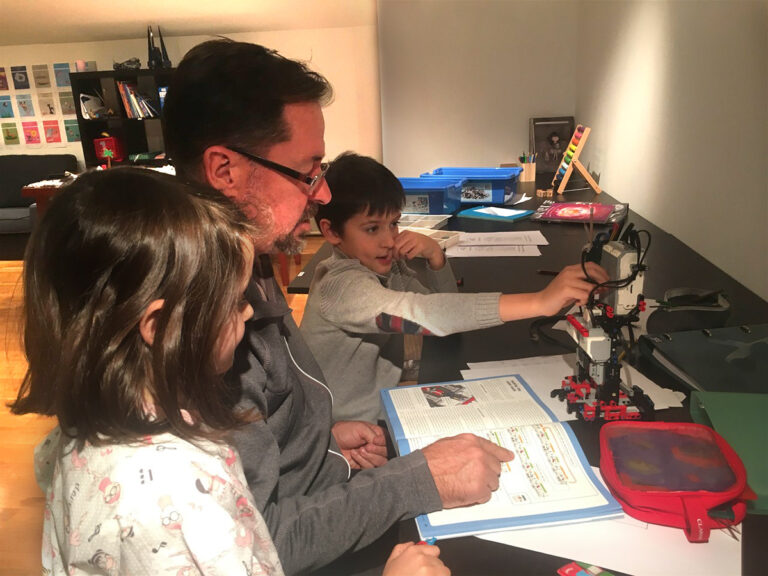Education & Neuroplasticity
by Bob Doman What do you remember from last month, last year, a decade ago, or five decades ago? I still have some vivid memories from college over fifty years ago, and none of them have anything to do with what occurred in a classroom. I take every chance I get to speak with young…









